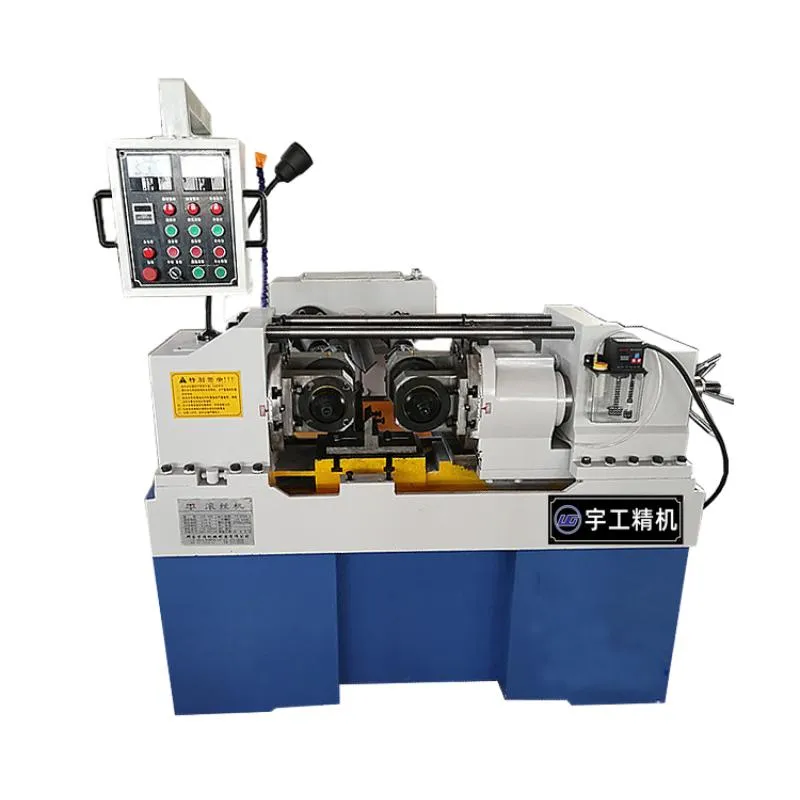
-
 Afrikaans
Afrikaans -
 Albanian
Albanian -
 Amharic
Amharic -
 Arabic
Arabic -
 Armenian
Armenian -
 Azerbaijani
Azerbaijani -
 Basque
Basque -
 Belarusian
Belarusian -
 Bengali
Bengali -
 Bosnian
Bosnian -
 Bulgarian
Bulgarian -
 Catalan
Catalan -
 Cebuano
Cebuano -
 Corsican
Corsican -
 Croatian
Croatian -
 Czech
Czech -
 Danish
Danish -
 Dutch
Dutch -
 English
English -
 Esperanto
Esperanto -
 Estonian
Estonian -
 Finnish
Finnish -
 French
French -
 Frisian
Frisian -
 Galician
Galician -
 Georgian
Georgian -
 German
German -
 Greek
Greek -
 Gujarati
Gujarati -
 Haitian Creole
Haitian Creole -
 hausa
hausa -
 hawaiian
hawaiian -
 Hebrew
Hebrew -
 Hindi
Hindi -
 Miao
Miao -
 Hungarian
Hungarian -
 Icelandic
Icelandic -
 igbo
igbo -
 Indonesian
Indonesian -
 irish
irish -
 Italian
Italian -
 Japanese
Japanese -
 Javanese
Javanese -
 Kannada
Kannada -
 kazakh
kazakh -
 Khmer
Khmer -
 Rwandese
Rwandese -
 Korean
Korean -
 Kurdish
Kurdish -
 Kyrgyz
Kyrgyz -
 Lao
Lao -
 Latin
Latin -
 Latvian
Latvian -
 Lithuanian
Lithuanian -
 Luxembourgish
Luxembourgish -
 Macedonian
Macedonian -
 Malgashi
Malgashi -
 Malay
Malay -
 Malayalam
Malayalam -
 Maltese
Maltese -
 Maori
Maori -
 Marathi
Marathi -
 Mongolian
Mongolian -
 Myanmar
Myanmar -
 Nepali
Nepali -
 Norwegian
Norwegian -
 Norwegian
Norwegian -
 Occitan
Occitan -
 Pashto
Pashto -
 Persian
Persian -
 Polish
Polish -
 Portuguese
Portuguese -
 Punjabi
Punjabi -
 Romanian
Romanian -
 Russian
Russian -
 Samoan
Samoan -
 Scottish Gaelic
Scottish Gaelic -
 Serbian
Serbian -
 Sesotho
Sesotho -
 Shona
Shona -
 Sindhi
Sindhi -
 Sinhala
Sinhala -
 Slovak
Slovak -
 Slovenian
Slovenian -
 Somali
Somali -
 Spanish
Spanish -
 Sundanese
Sundanese -
 Swahili
Swahili -
 Swedish
Swedish -
 Tagalog
Tagalog -
 Tajik
Tajik -
 Tamil
Tamil -
 Tatar
Tatar -
 Telugu
Telugu -
 Thai
Thai -
 Turkish
Turkish -
 Turkmen
Turkmen -
 Ukrainian
Ukrainian -
 Urdu
Urdu -
 Uighur
Uighur -
 Uzbek
Uzbek -
 Vietnamese
Vietnamese -
 Welsh
Welsh -
 Bantu
Bantu -
 Yiddish
Yiddish -
 Yoruba
Yoruba -
 Zulu
Zulu
Price List for Thread Rolling Machines and Equipment Options
A Comprehensive Overview of Thread Rolling Machine Price List
In the manufacturing and machining industries, thread rolling machines play a crucial role in creating high-quality threaded parts. These machines are known for their ability to produce strong, precise threads quickly and efficiently. As technology continues to advance, the market for thread rolling machines is witnessing significant growth, and understanding the pricing landscape is essential for businesses looking to invest in these machines.
What is a Thread Rolling Machine?
A thread rolling machine is used to form external threads on various materials, including metals and plastics. Unlike traditional cutting methods, thread rolling employs a cold forming process that displaces material rather than removing it. This results in threads that are often stronger and more precise due to the work hardening that occurs during the process. Thread rolling machines can handle a range of applications, from small bolts to large industrial fasteners, making them versatile tools in many manufacturing sectors.
Factors Influencing the Price of Thread Rolling Machines
The price of thread rolling machines can vary widely based on several factors
1. Machine Type There are different types of thread rolling machines, including flat die, cylindrical, and planetary thread rollers. Each type has its unique features and complexity, affecting the overall cost.
2. Machine Size and Capacity Larger machines that can handle more substantial workpieces typically command higher prices. The capacity of the machine to roll different sizes and types of threads also plays a significant role in pricing.
3. Automation Level Fully automated machines come with advanced features such as programmable controls, which can streamline production processes. While these machines are usually more expensive, they can lead to savings in labor costs and increased production efficiency over time.
4. Brand and Manufacturer Reputation Renowned manufacturers often charge a premium for their machines, reflecting their reputation for quality, reliability, and customer support. Investing in a well-known brand can ensure better after-sales services and spare parts availability.
thread rolling machine price list product

5. Customization Options Some companies may opt for tailored solutions to meet specific production needs. Customization can significantly increase the price, but it often results in enhanced productivity and efficiency.
6. Used vs. New Machines The price difference between new and used thread rolling machines can be substantial. Purchasing a used machine can be a cost-effective solution for businesses trying to minimize expenses, but it is essential to consider the equipment's condition and any potential repairs.
A General Price Range
While prices can fluctuate based on the factors listed above, a general overview of the pricing for thread rolling machines can be helpful.
- Entry-Level Machines Basic machines suitable for smaller operations may start at around $5,000 to $15,000. These machines are typically manual and best suited for low-volume production.
- Mid-Range Machines More advanced models that offer semi-automatic features and a better capacity may range from $20,000 to $50,000. These machines can efficiently handle moderate production runs.
- High-End Machines Fully automated, high-capacity thread rolling machines can cost anywhere from $50,000 to over $100,000. These machines are equipped with the latest technology and are designed for high-volume production.
Conclusion
Investing in a thread rolling machine is a significant decision for any manufacturing business. Understanding the price range and the factors that affect pricing can help companies make informed decisions that align with their production needs and budget constraints. As the demand for precision-engineered components continues to rise, the role of thread rolling machines in ensuring quality and efficiency cannot be overstated. Whether opting for new or used machines, careful consideration of features, capacity, and brand reputation will contribute to a successful investment in this essential manufacturing equipment.
